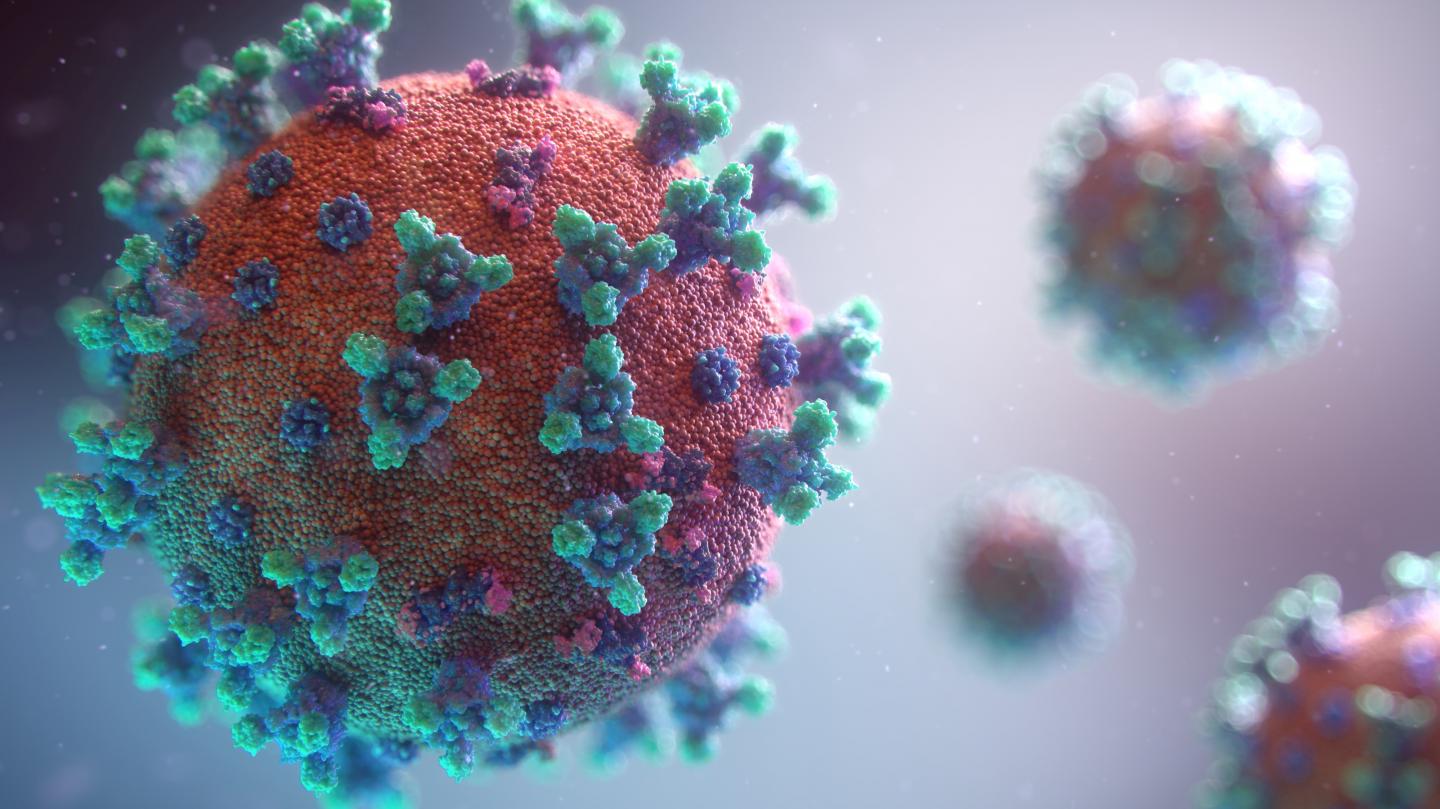According to the latest report from the Science, four research institutions, including Massachusetts Institute of Technology and Harvard University, conducted an autopsy analysis on patients who died of COVID-19 and found that the deceased lacked a germinal center (GC). This discovery may help explain the development process of COVID-19 in severely ill patients and provide some inspiration for vaccine developers. At the same time, it may become a breakthrough in understanding the secondary infection of COVID-19.
Germinal center is a unique microstructure in which effector B cells secreting antibodies can mature and improve their antibody response to the virus. Therefore, it can also be seen vividly as a “classroom” for immune cells that exist in the spleen and lymph nodes to “learn” how to enhance the long-term immune response to pathogens.
In the experiment, the researchers examined the spleen and thoracic lymph nodes of 11 patients who died of COVID-19 and compared them with 6 tissues from other patients of the same age and died of other causes. Under normal circumstances, these tissues should gather antibody-secreting B cells to form new germinal centers, but no such structure was found in COVID-19 patients, which surprised the researchers. This coincides with the results of another experiment, which confirmed that there was a serious lack of antibody immune response in COVID-19’s deceased body.
The experimental results showed that the cytokine storm and tumor necrosis factor (TNF) in the lymph nodes of the deceased of COVID-19 were significantly higher than those of the control group. In addition, there was also a loss of T cells that played a major role in the formation of a germinal center in the deceased of COVID-19. Based on the results of mouse experiments, the researchers suspected that this was related to the inhibitory effect of excessive TNF.
These findings will provide important implications for vaccine developers: excessive TNF in lymph nodes will prevent the immune effect of the vaccine from lasting for a long time. At the same time, this discovery may explain why recovered patients are infected with novel coronavirus for the second time. As it is difficult to form a germinal center after infection with novel coronavirus and immune memory cells are affected, it is still possible to re-infect novel coronavirus after the patient is immunized with the virus for the first time.

